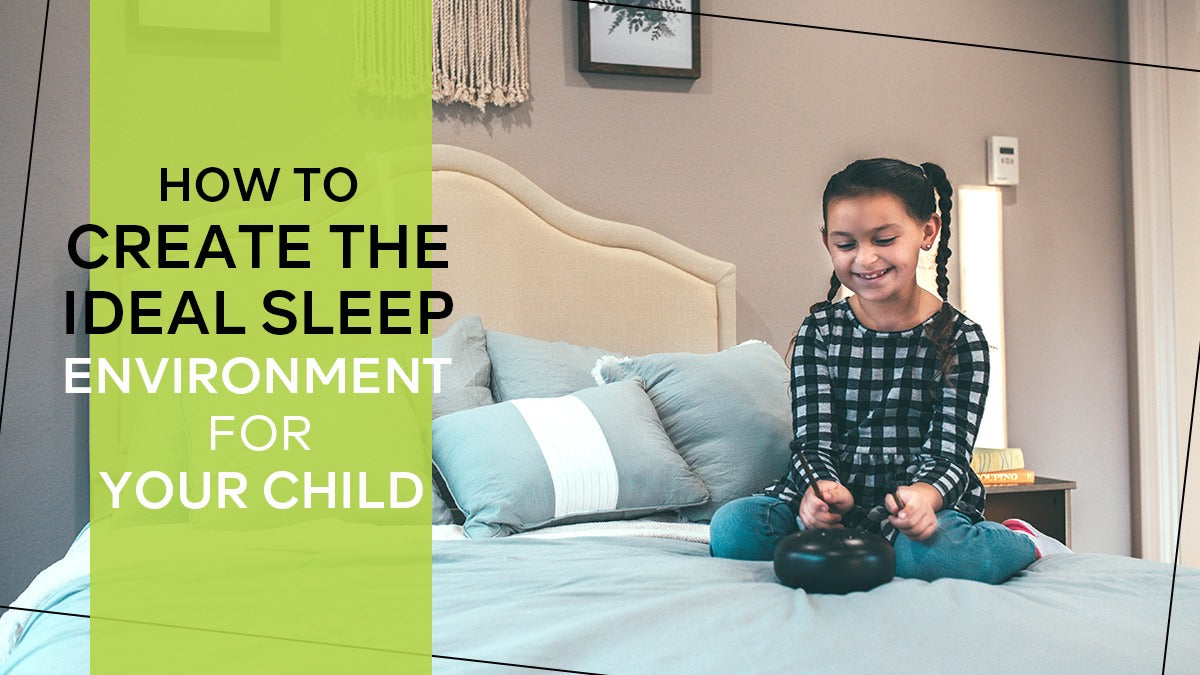
If you think your child is trying to escape bedtime every day, you’re not alone. Many things can affect a child’s ability to sleep, but one of the easiest ways to encourage sleep is to create a conducive sleeping environment for your child. Here’s how:
- Keep a tidy bedroom
Encourage your child to tidy up their bedroom as part of a bedtime routine. Putting away things that take away the focus from sleeping, like toys or homework, will signal to your child that it’s time to wind down for the night. This will also help your child to associate bedtime with relaxation from an early age.
- Use blackout curtains
Blackout curtains are a cheap and affordable way to keep out light in your child’s room. They are convenient for a toddler’s daytime nap, early bedtimes or even in bedrooms that let in too much street light.
- Get a nightlight
Usually, the darker the bedroom, the better your child sleeps. But a small nightlight can give children a sense of security, especially those who are scared of the dark. Nightlights are also useful for when children want to go to the bathroom in the middle of the night as it keeps the light levels low and eliminates the need to switch on the lamp or ceiling lights.
- Sleep with a comfortable mattress, pillows, and bedding
Children sleep better in their own beds. So invest in good mattresses, pillows and bedding for children so that they can have a good night’s rest and wake up feeling refreshed.
- Use a sound machine
For younger children, using a sound machine is recommended. They help to cancel out exterior noises from outside your home or even from other rooms. Sound machines can help cue your little ones that it’s time for sleep. It also helps parents feel less anxious when there are things happening around the house that can wake the children, like visitors or pets.
When using a sound machine, place it about six feet away from the crib at a low-to-medium setting. If you have two children in separate rooms, or if you would prefer the sound machine outside of the room, placing it in the hallway is another option.
- Lowering the Thermostat for Sleep
Keep your bedroom cool to naturally prepare the body for sleep. The best bedroom temperature for sleeping is between 66 and 70 degrees.
- Calming scents
Soothing scents like lavender ylang ylang can promote relaxation even for the most stubborn sleepers. Simply place some essential oils in a diffuser and you and your child are all ready for a restful night.
- Keep to a consistent sleep area
Now that you’ve put so much effort into the sleep environment, you’ll have to make sure they are sleeping there most of the time. Inconsistent sleeping environments can be confusing to your child. A consistent sleep area will allow your child to settle in faster and cue that it’s time for sleep.
If you have a child who struggles with sleep, these tips will help establish an ideal environment and good sleeping habits.

